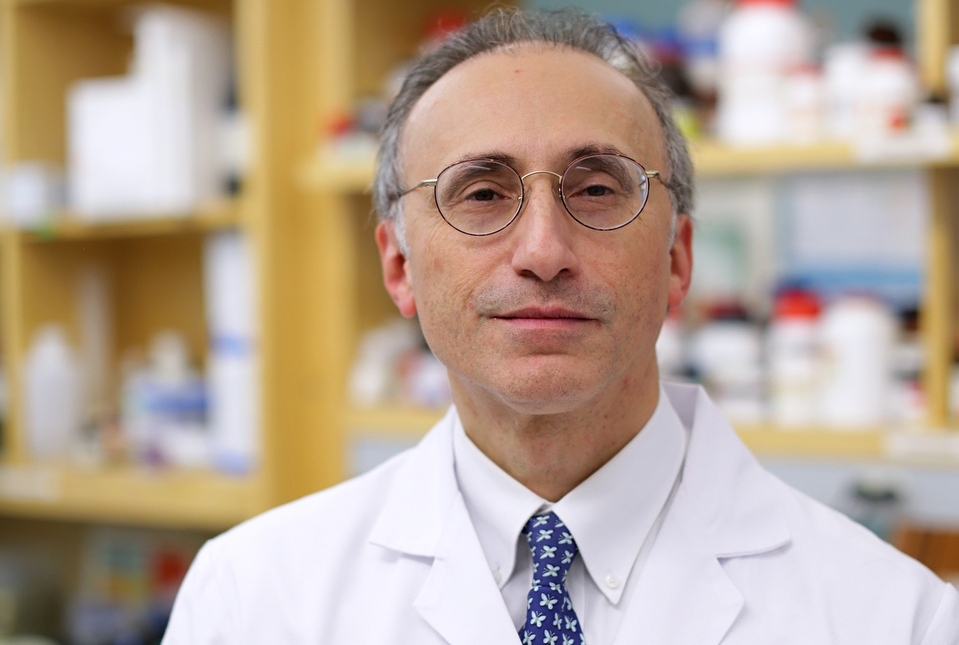
Researchers Awarded Grant to Study New Method of Islet Transplantation
Weill Cornell Medicine researchers have received a two-year $500,000 grant from JDRF to evaluate an innovative approach to islet cell transplantation, an experimental treatment for difficult-to-control type 1 diabetes. The research will be conducted in mouse models of this disease.
Type 1 diabetes is a condition in which the pancreas makes little to no insulin, a hormone that regulates blood sugar. It affects about 1.6 million Americans. Islets for transplantation come from a donor pancreas and include several types of cells, including beta cells that produce insulin. An islet transplant helps people to make their own insulin, so they don’t have to rely on frequent insulin injections or pumps. The goal of transplantation is to avoid hypoglycemic events, which is when the blood sugar gets dangerously low, as well as the long-term damage that diabetes can cause to several organs.
“The problem with the way that islet transplantation currently works is that within several years after the procedure, almost everybody’s back on insulin again,” said research co-investigator Dr. Rebecca Craig-Schapiro, assistant professor of surgery at Weill Cornell Medicine and a transplant surgeon at NewYork-Presbyterian/Weill Cornell Medical Center. “We hope our novel approach to transplantation leads to longer lasting benefits.”
Weill Cornell Medicine researchers will be subcutaneously transplanting human islets and blood vessel cells into mouse models of type1 diabetes, just under the skin. This approach differs from traditional islet transplantation in several ways.
Notably, islets—which are currently transplanted in patients with diabetes—are deprived of oxygen and nutrients, making them prone to death and the success of the procedure short-lived. Islets need a substantial blood supply to receive oxygen and other nutrients, said principal investigator Dr. Shahin Rafii, director of the Ansary Stem Cell Institute at Weill Cornell Medicine, chief of the Division of Regenerative Medicine and the Arthur B. Belfer Professor in Genetic Medicine [and a Member of the Englander Institute for Precision Medicine]. “Blood vessels provide the growth factors and the infrastructure that allow islets to thrive,” he said.
The research team is using engineered blood vessels that can readily adapt to and support islets after they are transplanted. “By using our engineered blood vessels, we hope to improve the integrity and survival of islets,” said Dr. Qiao Zhou, professor of regenerative medicine at Weill Cornell Medicine. This could help make transplanted islets become more durable.
“For transplantation in patients, islets are typically injected into the vein carrying blood to the liver, which is also problematic because the cells are difficult to monitor and retrieve for study to see how they’re functioning,” Dr. Craig-Schapiro said. To counter this problem, the research team will be transplanting islets under the skin in mice, where they are easily accessible.
“When islets with engineered blood vessels are transplanted subcutaneously, islets can immediately connect to the surrounding tissue’s blood supply, allowing them to survive longer,” said co-investigator Dr. Ge Li, research associate in medicine at Weill Cornell Medicine.
Researchers plan to investigate the optimal ratio of islets to endothelial cells—the building blocks of blood vessels—for transplant in humans, Dr. Li said. “We want the volume to be as minimal as possible.” The scientists also want to test several different types of matrices, or materials, to carry the cells, he said.
“Indeed, engineered extracellular matrices that enable safe and functional delivery and implantation of vascularized human islets into subcutaneous tissue is key to the success of this project,” said Dr. Sina Rabbany, who is an adjunct bioengineering professor at Weill Cornell Medicine. Dr. Rabbany, along with Dr. William Wang, a biomaterial engineer in the Division of Regenerative Medicine, are designing sophisticated biocompatible ultrasoft matrices, which expedite an immediate cross-connection between the vascularized islet modules and the host circulation.
The research team hopes to start a phase 1 clinical trial within two years. “If financial support is available, we believe this process could be expedited,” Dr. Rafii said.
Ultimately, this research could advance the field of regenerative medicine, or the ability to replace damaged organs and tissues, Dr. Rafii said. Solid organs such as heart, kidney, liver and pancreas could be transplanted with an engineered customized blood vessel infrastructure to promote organ health and preservation. “The islet replacement platform is just the beginning,” he said.
# # #
The above article was originally published on the Weill Cornell Medicine Newsroom website on January 05, 2022.
